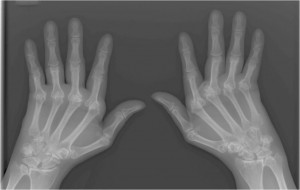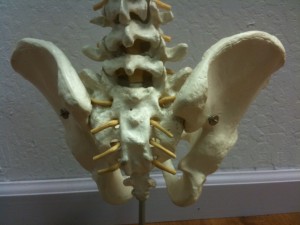 Rheumatoid Arthritis patients often suffer from depression!
Rheumatoid Arthritis patients often suffer from depression!
Majority of the world’s population suffer from rheumatoid arthritis. As a result pain in the joints is a common symptom. But are you aware that depression is a major concern amongst the patients suffering from this ailment? The higher the pain, the higher the rate of depression in the patient. A lot of research has been done in this field. As per the research and their findings nearly 13 to 20% of the patients suffer from depression. This percentage is highly dependent on the social demographics as well as the characteristics of the ailment. Thus the patients have a double chance of suffering from depression compared to the general public. There is another thing that we need to consider here. The way a patient deals with depression has a lot to do with how they deal with their pain and their level of interaction with their practitioner.
Now there is an interesting angle to the depression and pain syndrome. As per the research the relationship between the two can be calculated on the basis of symptoms, cognitions and behaviors of the patients. As already mentioned it is said that the level of depression increases with the increase in pain. But surprisingly it is seen that even if the pain is brought under control there seems to be no decrease in the level of the depression factor. It is often seen that the intensity of the depression is associated with the verbal description of the pain. Say for example if as per the patient the pain is unbearable, then there has been a rise in the depression factor and not with the frequency with which the pain occurs. So there is a debate amongst the researchers as to whether the intensity of the pain causes this depression or whether it is vice versa.
The decrease in functional ability also seems to contribute to the depression level. This happens more if the patient is unable to do certain activities that they consider important such as visiting one’s family over the weekend, taking a holiday and so on. As per research nearly 10 % reductions in these activities leads to about 7 fold increase in depression. As a result the patient lacks the determination and will to carry out any activity.
However if you are looking for a definite link between the pain and disability to carry out activities that may lead to depression – then you will be disappointed on this as the relation between all these factors are unclear. It is true that pain and stress are vital factors but then there are many patients who suffer from disability and chronic pain and yet they have not experienced depression. So what we can conclude is that although these factors are vital they are not a must in having depression. There are many other factors that can be equally influencing. Stress and lack of social support play important role.
So there is no specific hard and fast rule as to what contributes to depression in patients suffering from rheumatoid arthritis. It varies from one patient to another and depends on various characteristics and symptoms.
Ashley is a graduate of NUS university of Singapore. After graduating, she starts writing as her carrier. She has 7 years experience for writing and writes wide range of topics on diet, health, nutrition finance, travel etc. She wants to share an informative article for Rheumatoid Arthritis patients.
